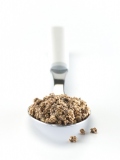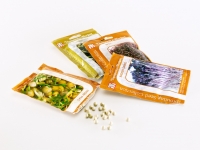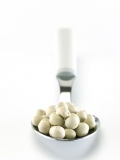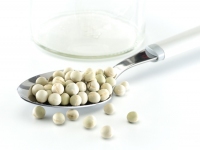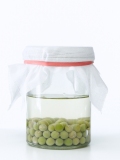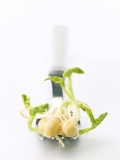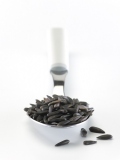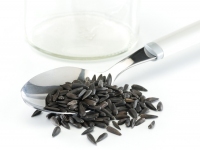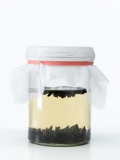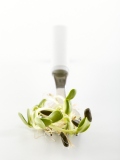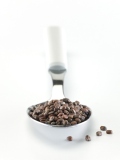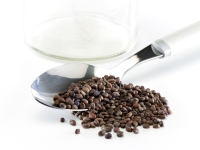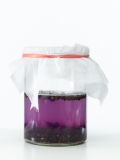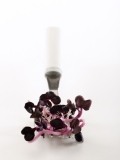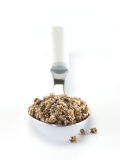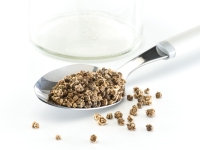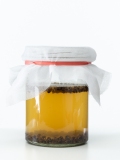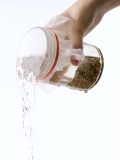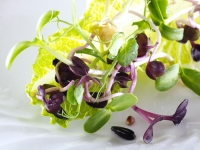Many seeds can be sprouted for eating. With care they can be easily sprouted in a jam jar. Mung beans and alfalfa are common seeds for sprouts. Others include mustards, cabbage, peas, chives, sunflower and beetroot.
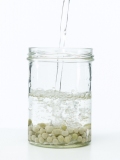
31330
Put a tablespoon of Sprouting peas into a jam jar, cover with water, secure with a piece of muslin and a rubber band and soak overnight
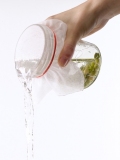
31332
CAUTION: Great care must be taken to rinse through with clean fresh water at least three or four times a day to prevent the seeds from going mouldy or fermenting
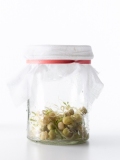
31333
Continue to rinse thoroughly with clean water. The seeds starting to sprout after a few days. Seeds can be eaten when sprouts are quite small or grown on a little until the pea leaves are larger like pea tops
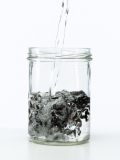
31337
Cover the Sunflower seeds with water, secure with a piece of muslin and a rubber band and soak overnight
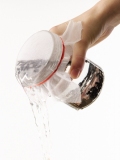
31339
Care must be taken to rinse through with clean fresh water at least three or four times a day to prevent the seeds from going mouldy or fermenting
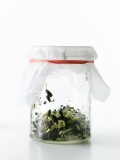
31340
Continue to rinse thoroughly with clean water. Sunflower seeds starting to sprout after a few days The seeds can be eaten when sprouts are quite small or grown on a little until the Sunflower leaves are a bit larger
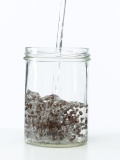
31344
Cover the Radish seeds with water, secure with a piece of muslin and a rubber band and soak overnight
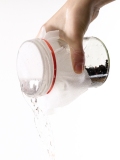
31346
Care must be taken to rinse through with clean fresh water at least three or four times a day to prevent the seeds from going mouldy or fermenting
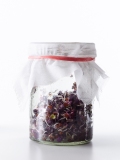
31347
Continue to rinse thoroughly with clean water. Radish seeds starting to sprout after a few days The seeds can be eaten when sprouts are quite small or grown on a little until the Sunflower leaves are a bit larger
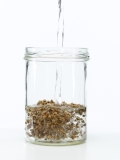
31351
Cover the Radish seeds with water, secure with a peiece of muslin and a rubber band and soak overnight
